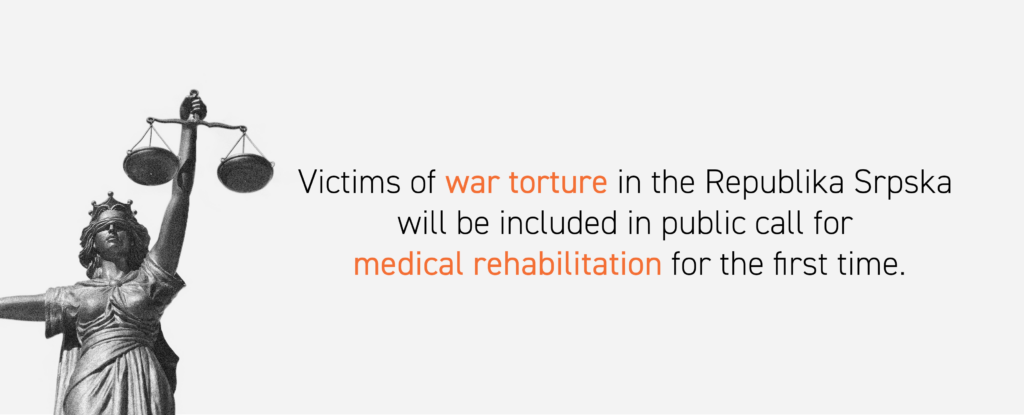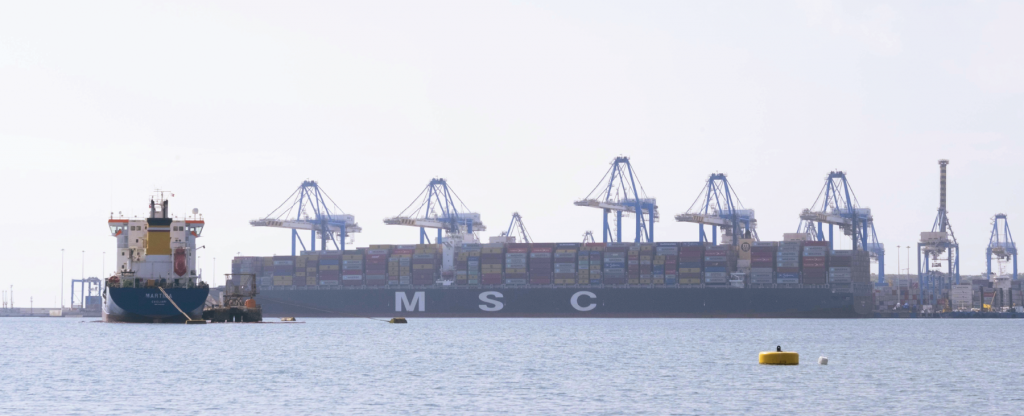Morocco: the fight against impunity requires more than promises
A recent decision of the Committee against Torture confirmed that States must do much better than vague promises to uphold their obligations.
When a human rights complaint is filed before an international mechanism, most States claim that the applicant has failed to exhaust domestic remedies (that is, try all legal avenues at the domestic level) and that the case should hence be declared inadmissible. The State usually argues that investigations are ongoing and that had the applicant waited a bit longer, he or she would have received justice.
Other formalistic arguments are often invoked, for instance that investigations on human rights violations could only be launched if a complaint is formally lodged before domestic judicial authorities. However, there are many reasons that may prevent a victim from doing so, from material obstacles to fear of reprisals. In some cases, even when the applicant does tries to report a violation, authorities refuse to register the report or do not acknowledge receipt through a stamp, later pretending that the complaint was never lodged.
These arguments are so often invoked that if the Committee against Torture (CAT) accepted them, its workload would dry up and the victims’ quest for justice and redress would be doomed.
In a case brought before the CAT by TRIAL International and its partner NGO, Morocco pulled exactly those tired old strings. The Committee responded* with a resounding reminder that lip service to ending torture is not enough to escape its scrutiny.
Formal complaints are not a prerequisite
Firstly, the CAT clarified that a formal complaint from the victim, Omar N’Dour, was not required for the authorities to initiate investigations. Since there were reasonable grounds to believe that he had been subjected to torture (he showed a judge and a prosecutor the marks on his body), Morocco was under the obligation to thoroughly investigate his allegations, regardless of procedural considerations.
Moreover, M. N’Dour was tortured in custody, meaning that the events lay wholly, or in large part, within the exclusive knowledge of the authorities. The Committee reminded Morocco that in such cases, proving the occurrence of the crime does not rest on the victim alone. Authorities cannot simply wave the allegations away, but must provide a satisfactory and convincing explanation of their own.
Effective relief for the victim
Finally, Morocco’s judicial remedies, though existent, did not meet the Committee’s standards of efficiency. Over six years after the crime, no investigation has ever led to the identification of the perpetrators. The CAT declared that this was a reasonably long time for the victim to seek justice and redress and a higher level.
This is the CAT’s second decision on the subject concerning Morocco and comes as a strong reminder that it is high time for the State to live up to its promises: prompt, independent, impartial, thorough and effective investigations must be launched and those responsible must be prosecuted and sanctioned. Procrastination or formal excuses will not be accepted and the CAT will not refrain from assessing the responsibility of the State.
* This decision only regards the admissibility of the complaint. In the next months, arguments on the merits will be submitted by the parties and the CAT will then subsequently issue its decision on the alleged violations themselves.










